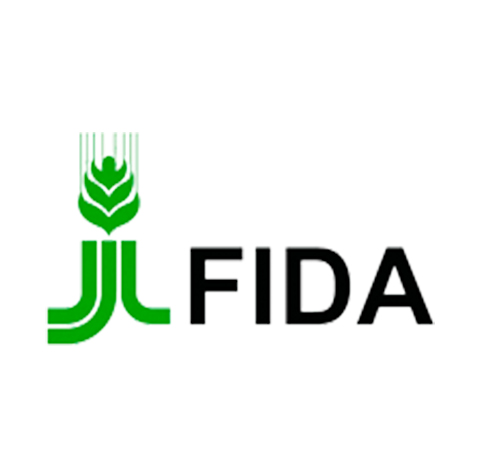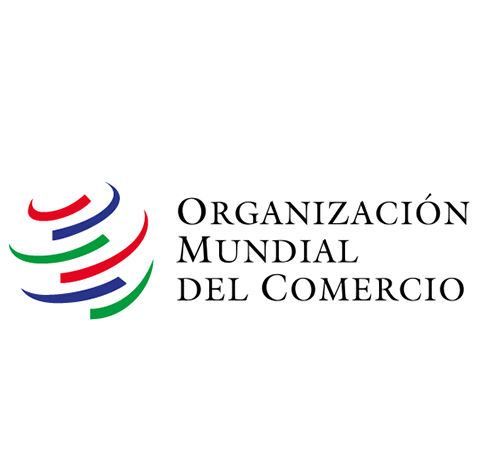Informe Anual 2018
La agricultura, prioridad para el desarrollo sostenible de las Américas

Manuel Otero
Mensaje del Director General del IICA
"La misión de este Director General es asegurar que la agricultura del continente esté preparada para capitalizar las oportunidades existentes para hacer del sector agropecuario el garante potencial de la seguridad alimentaria mundial y de la sostenibilidad ambiental del planeta. Aprovechar dicho potencial abrirá enormes y positivas oportunidades para nuestra América".
Síntesis del informe
La concentración de los temas de la cooperación técnica del IICA en el 2018, estuvo centrada fundamentalmente en sanidad, inocuidad y calidad de los alimentos, desarrollo de los territorios rurales e integración comercial; también en agricultura climáticamente inteligente y resiliente y en género y juventud. Federico Villarreal - Director de Cooperación Técnica del IICA
IICA en números
Principales logros del 2018

nuevas alianzas y vínculos fortalecidos con organismos internacionales de investigación, financiamiento y cooperación

financiadas con recursos propios

iniciativas financiadas con recursos externos por más de US$154 millones

invertidos en acciones de respuesta rápida en 15 países

se lanzó una versión virtual de la herramienta Diseño, Visión y Estrategia para mejorar sistemas de SAIA

autoridades y técnicos agrícolas de América Latina y el Caribe sensibilizados sobre bioeconomía

países con procesos en marcha para mejorar la extensión rural para la agricultura familiar

mujeres, jóvenes, indígenas y afrodescendientes en América Latina y el Caribe con mayores capacidades de organización

funcionarios de 7 países completaron el módulo internacional de la Escuela Regional Virtual de Inspección Fitosanitaria (ERVIF)

macroprocesos institucionales definidos y en optimización

se redujo el gasto de viajes, consultorías y otros gastos operativos
Gestión del conocimiento
Más de 1000 actores, 140 instituciones y 34 países fortalecieron sus capacidades de manejo de riesgos en sanidad agropecuaria e inocuidad de los alimentos.
Más de 300 profesionales, 24 empresas de alimentos y 888 productores de varios países de las Américas incrementaron sus conocimientos sobre la Ley de Modernización de la Inocuidad de los Alimentos de EE. UU.
Cerca de 500 agroexportadores, comerciantes y otros actores de 11 países ampliaron conocimientos sobre integración y promoción comercial, vinculación de mercados y perfiles de inversión.
Casi 300 agentes de 18 cadenas agrícolas y 100 instituciones vinculadas a ellas se capacitaron en agregación de valor y gestión empresarial, asociativa y comercial.
Más de 150 instituciones gubernamentales recibieron colaboración para establecer marcos, políticas y mecanismos que favorezcan la inclusión en la agricultura familiar.
Alrededor de 260 técnicos de 20 países fueron capacitados en el diseño, el monitoreo y la evaluación de políticas públicas e instrumentos diferenciados para la agricultura familiar.
Alianzas estratégicas
En el 2018 se establecieron y fortalecieron los vínculos con al menos 21 organizaciones internacionales como la OMC, el FIDA, el BID, el Banco Mundial, la CAF, la Unión Europea y varios centros de investigación. También se firmaron acuerdos con las empresas Microsoft y Bayer para realizar acciones de transformación digital y de desarrollo sustentable en el agro, respectivamente.










Acciones de Cooperación Clave




